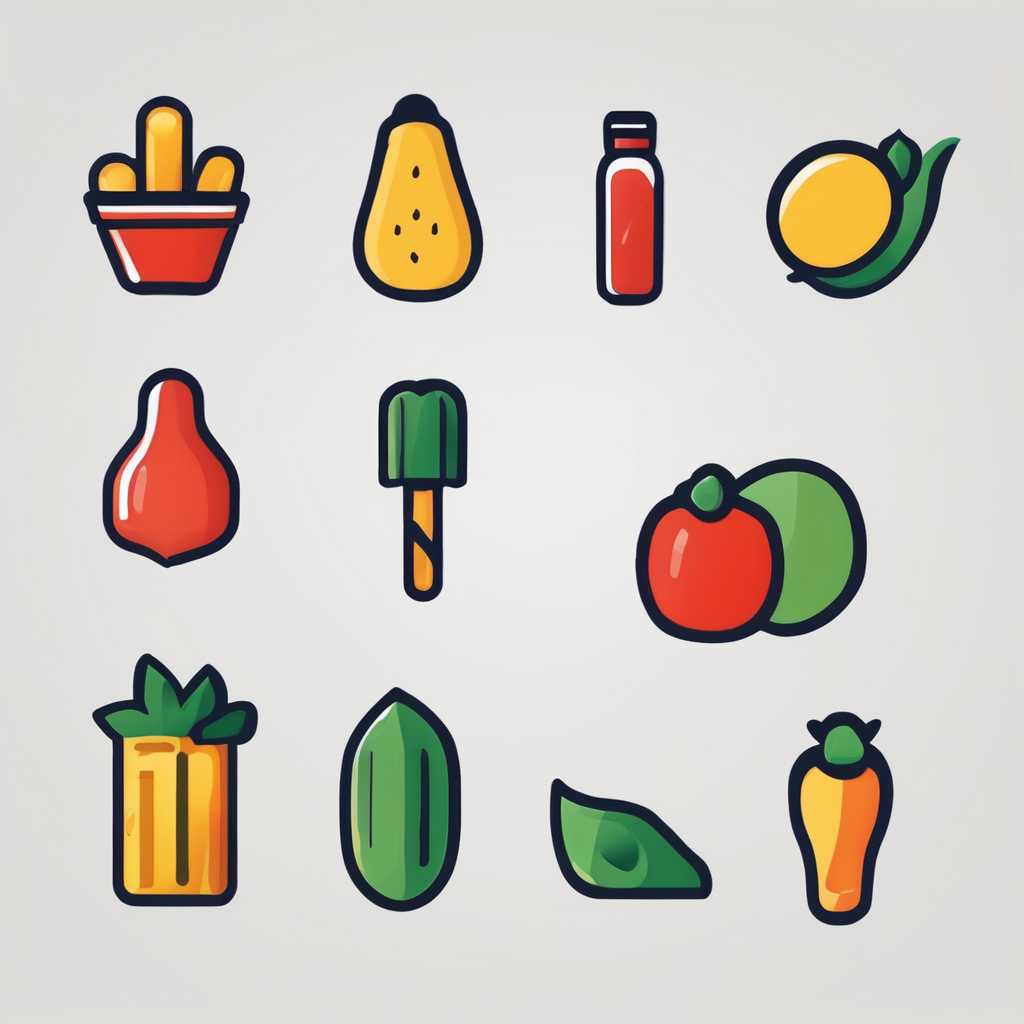Understanding Medication Compliance
Navigating medication adherence can be a significant challenge, especially for seniors. Medication non-compliance is a prevalent issue, with studies showing that a large percentage of the elderly fail to follow their prescribed medication regimens accurately.
This lack of adherence can be attributed to various factors such as forgetfulness, complex medication schedules, or misunderstanding instructions. According to non-compliance statistics, it is estimated that over 50% of seniors struggle with taking their medication as directed. This high rate of medication non-compliance results in many potential health impacts.
Topic to read : Exploring the Lasting Impact of Juvenile Diabetes on Heart Health: A Deep Dive into Long-Term Cardiovascular Risks
The health impacts of poor medication adherence are substantial. Non-compliance can lead to worsening medical conditions, increased hospital admissions, and even mortality. For instance, a senior patient with hypertension who forgets to take their daily medication may experience uncontrolled high blood pressure, leading to severe complications.
Therefore, it’s crucial to address these challenges by implementing solutions like simplified medication schedules, the use of reminders, or caregiver support. Improving medication adherence could significantly enhance health outcomes and reduce healthcare costs. By understanding and addressing these adherence issues, both seniors and healthcare providers can work together to craft more effective health management strategies.
Also read : Discover top orthopaedic solutions for better comfort
Practical Strategies for Enhancing Medication Compliance
Medication management is essential for ensuring proper adherence to prescriptions. Effective organization techniques can greatly simplify the process. Using pill organizers is a straightforward method. They’re available in various forms, from simple daily compartments to weekly planners that you can set up in advance. For those with complex medication management needs, electronic pill dispensers that release medication at preset times can be transformative.
Adherence strategies often include integrating technology. Many smartphone apps are designed to help, offering features such as dosage tracking, scheduling reminders, and automatic alerts. These tools seamlessly fit into daily routines, providing a simple yet effective way to stay on top of medications.
Additionally, setting reminders around daily habits can improve compliance. For instance, placing medications next to items used every morning, like a toothbrush, serves as a visual cue. The use of alarms and timers is another excellent strategy, as they deliver auditory prompts, which might be more effective for some.
Combining these techniques with a supportive environment enhances adherence. Family members or caregivers can actively participate by reinforcing these reminders and checking for missed doses, ensuring a reliable routine is maintained without overwhelming effort.
The Importance of Healthcare Provider Communication
Effective communication with healthcare providers is a cornerstone of quality healthcare. Developing strong patient-provider relationships is crucial, as it cultivates trust and encourages open dialogue, which are vital for effective treatment and care.
Regular communication helps patients stay informed about their health conditions and treatment options. This can empower patients to make decisions about their own care. Furthermore, it aids in promptly addressing any concerns or unexpected changes in health. Preparing for medication reviews is essential in this process. Before attending such consultations, patients should list all medications they are currently taking, including over-the-counter drugs and supplements. Documenting any side effects experienced can also be beneficial. By doing so, patients can participate actively, ensuring a comprehensive review of their medication regimen.
Encouraging discussions about medication challenges is equally important. Patients are advised to share any obstacles they face in adhering to their prescribed treatment. These could range from side effects to complex dosing schedules. By engaging in transparent conversations, healthcare providers can tailor solutions, such as adjusting dosages or switching medications, to help manage these issues effectively. Ultimately, good communication can significantly enhance healthcare outcomes by fostering an environment of understanding and cooperation.
Involving Caregivers and Family in Medication Management
Understanding the role of caregiver support is vital in ensuring proper medication adherence, especially for seniors. Caregivers provide a crucial link in monitoring and administering medications accurately. This support often extends beyond simple reminders and can include organizing medications, managing schedules, and liaising with healthcare providers.
Family involvement in medication management can significantly enhance the effectiveness of a caregiver’s efforts. By engaging family members, caregivers can distribute responsibilities, ensuring consistent medication reminders and supervision. Families can establish routines or rotate duties to avoid burnout and maintain high care standards. Communication is key, and regular check-ins can help update everyone involved with any changes in medication regimens.
There are several tools available to assist caregivers with medication reminders. Pill organizers, digital apps, and alarms are practical tools that ensure medications are taken as prescribed. These tools can be especially helpful for caregivers managing multiple clients or family members. Digital solutions can also offer alerts and updates, which can be shared with multiple caregivers or family members to ensure everyone stays informed and medication adherence is maintained.
In essence, a collaborative approach, combining the strengths of both caregivers and family, alongside practical tools, forms the backbone of effective medication management.
Utilizing Technology for Medication Compliance
In the quest to improve medication adherence, medication apps are proving to be vital tools. These apps are specifically designed to help users remember to take their medications on time. The convenience of setting multiple alarms and reminders tailored to individual schedules makes these apps particularly beneficial for those managing various prescriptions. Many of these health tracking tools also offer features such as dosage tracking and refill alerts, helping ensure that users always have enough medication on hand.
In addition to reminder apps, various technology solutions simplify the tracking of multiple prescriptions. Smart pill dispensers, for example, can store several medications and dispense the correct dosage at scheduled times. These devices are often paired with mobile apps that provide users with notifications, ensuring seamless medication management.
Exploring telehealth offers even further support for medication management. Through virtual consultations, healthcare professionals can provide guidance on medication regimens, personalized advice, and adjustments to prescriptions, if necessary. Telehealth platforms also often integrate with medication apps, creating a cohesive solution for tracking and managing prescriptions. The combination of these technology solutions offers a promising path towards increasing compliance with medication regimens.
Educational Resources and Support Networks
Exploring educational resources and support networks is vital for seniors and caregivers managing medications. Understanding prescriptions can be daunting, making the role of education and support groups indispensable.
Importance of Education
Education about medications helps seniors and caregivers make informed decisions. It enhances awareness about drug interactions and side effects, ensuring safer medication practices. Many healthcare providers offer tailored educational sessions, providing a foundation of knowledge.
Support Groups for Medication Management
These groups create a communal environment where seniors and caregivers can share experiences and solutions. Support groups provide a sense of belonging and offer valuable insights into managing prescriptions. They aim to alleviate the stress often associated with complex medication regimens.
Resources for Better Prescription Understanding
Numerous resources are available to aid in deciphering prescriptions. Online portals, brochures, and government-sponsored guides are designed specifically for seniors. They simplify information, making it more accessible. Pharmacists can also be invaluable resources, offering personalized advice.
In conclusion, leveraging education, support groups, and accessible resources contributes significantly to effective medication management for seniors. Ensuring that these tools are utilized improves health outcomes and quality of life.











